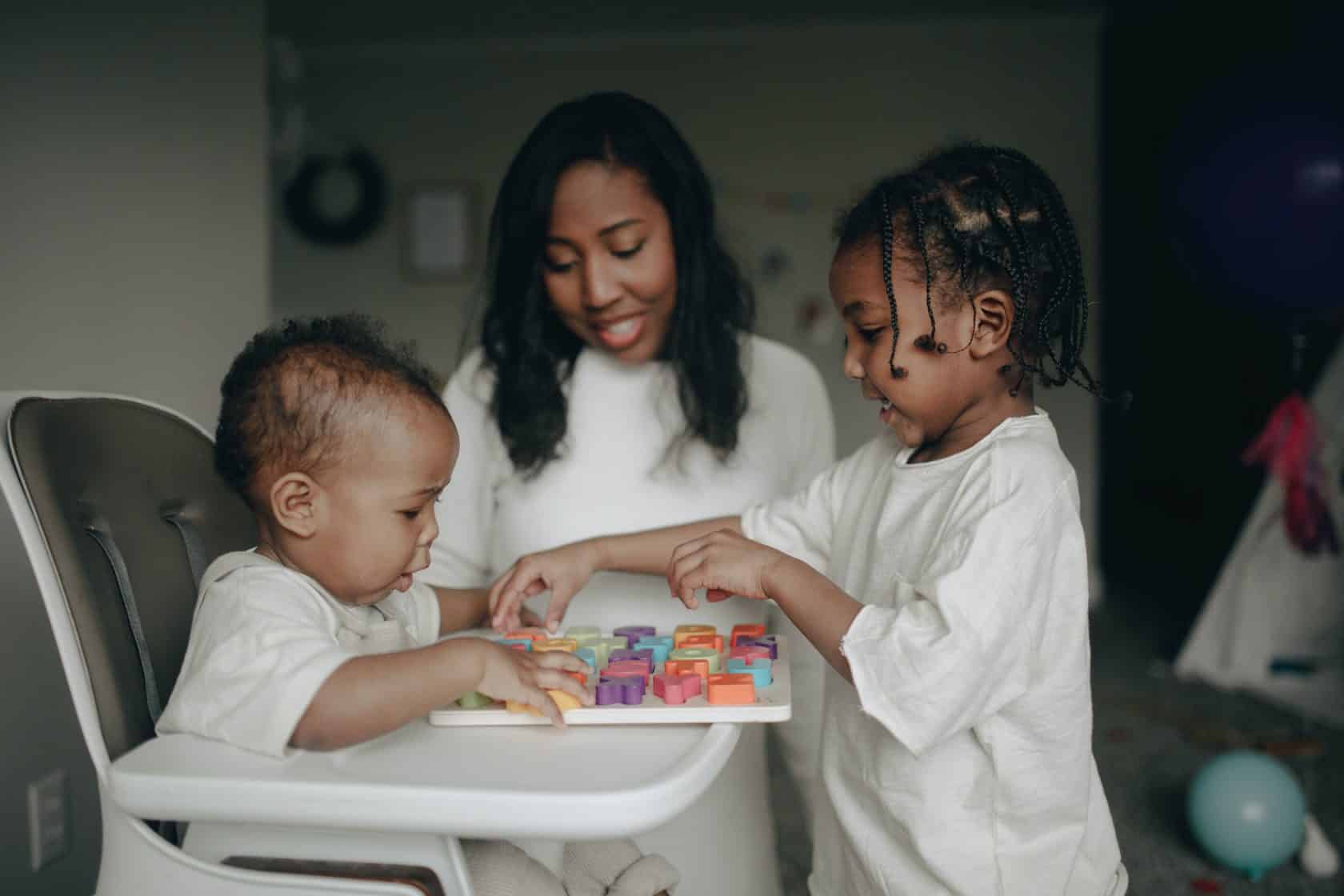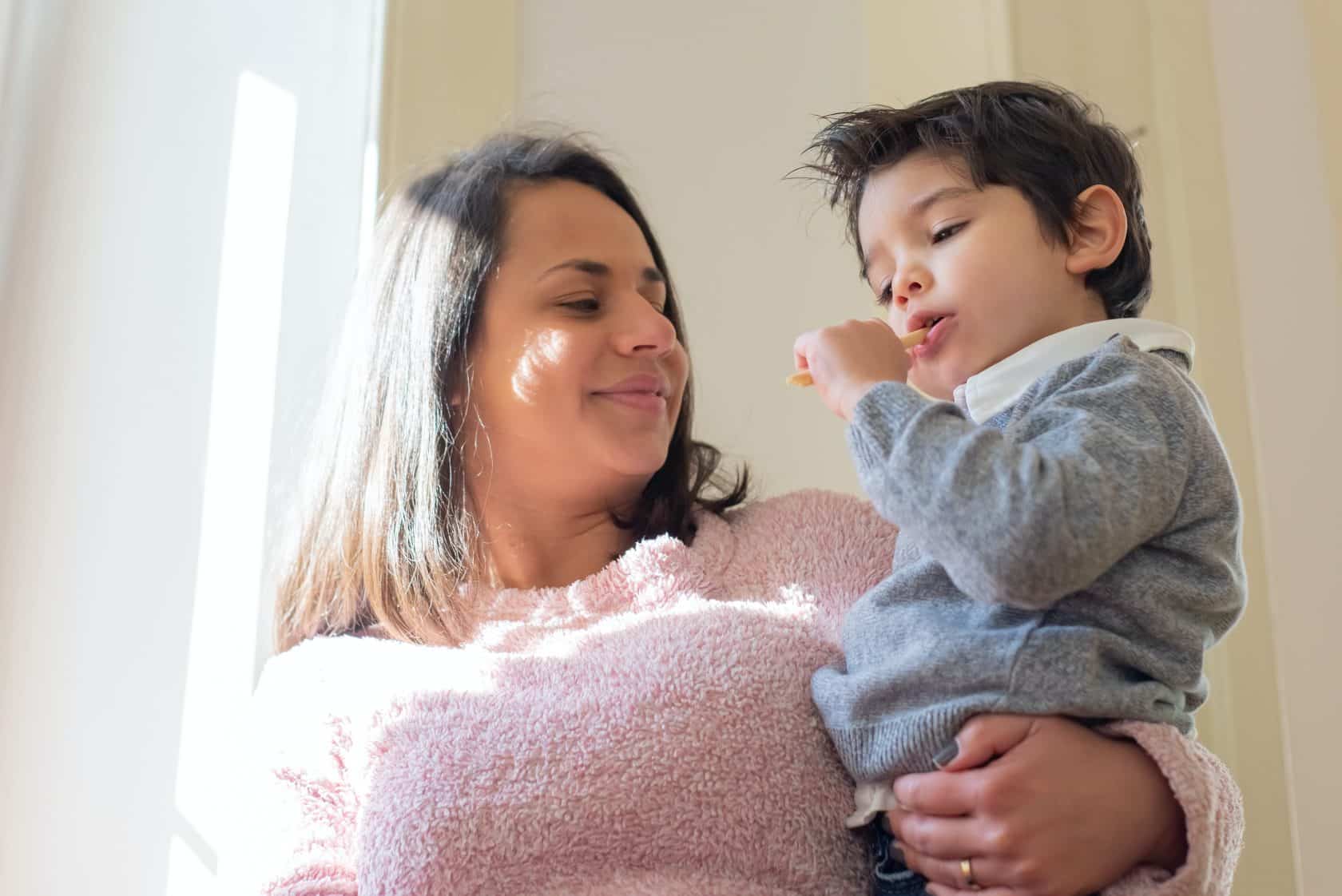Functional skills are practical abilities that enable individuals to navigate daily life effectively. They encompass cognitive, social, and practical skills, allowing people to problem-solve, communicate, and handle various tasks. Let’s explore how functional skills work and see some examples in action.
- Cognitive Skills:
- Problem-solving: Identifying solutions to everyday challenges.
- Decision-making: Making choices based on available information.
- Social Skills:
- Communication: Expressing thoughts and feelings clearly.
- Collaboration: Working effectively with others in group settings.
- Practical Skills:
-
- Technology Use: Operating devices and software.
- Money Handling: Managing finances and transactions.
Functional skills enable individuals to lead independent lives by mastering everyday tasks. Developing and practicing these skills is crucial for personal growth and overall well-being. Goally empowers kids with special needs by developing functional skills through engaging apps, like visual schedules and interactive videos, leading to an improved quality of life.
This post was originally published on April 10, 2023. It was updated on July 21, 2023.













